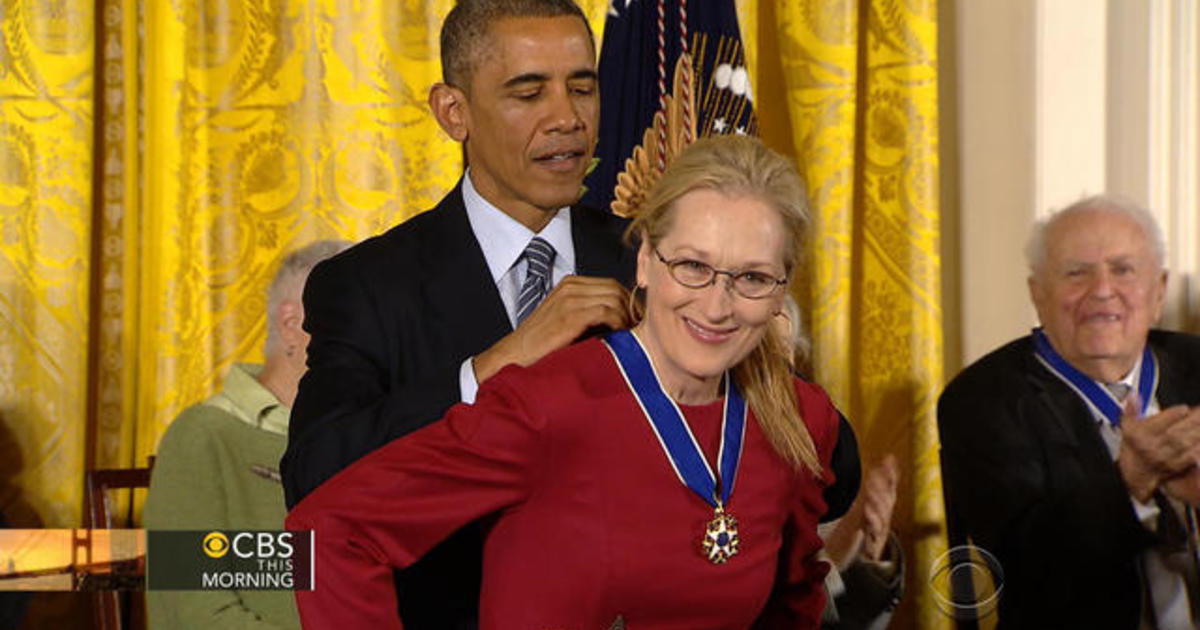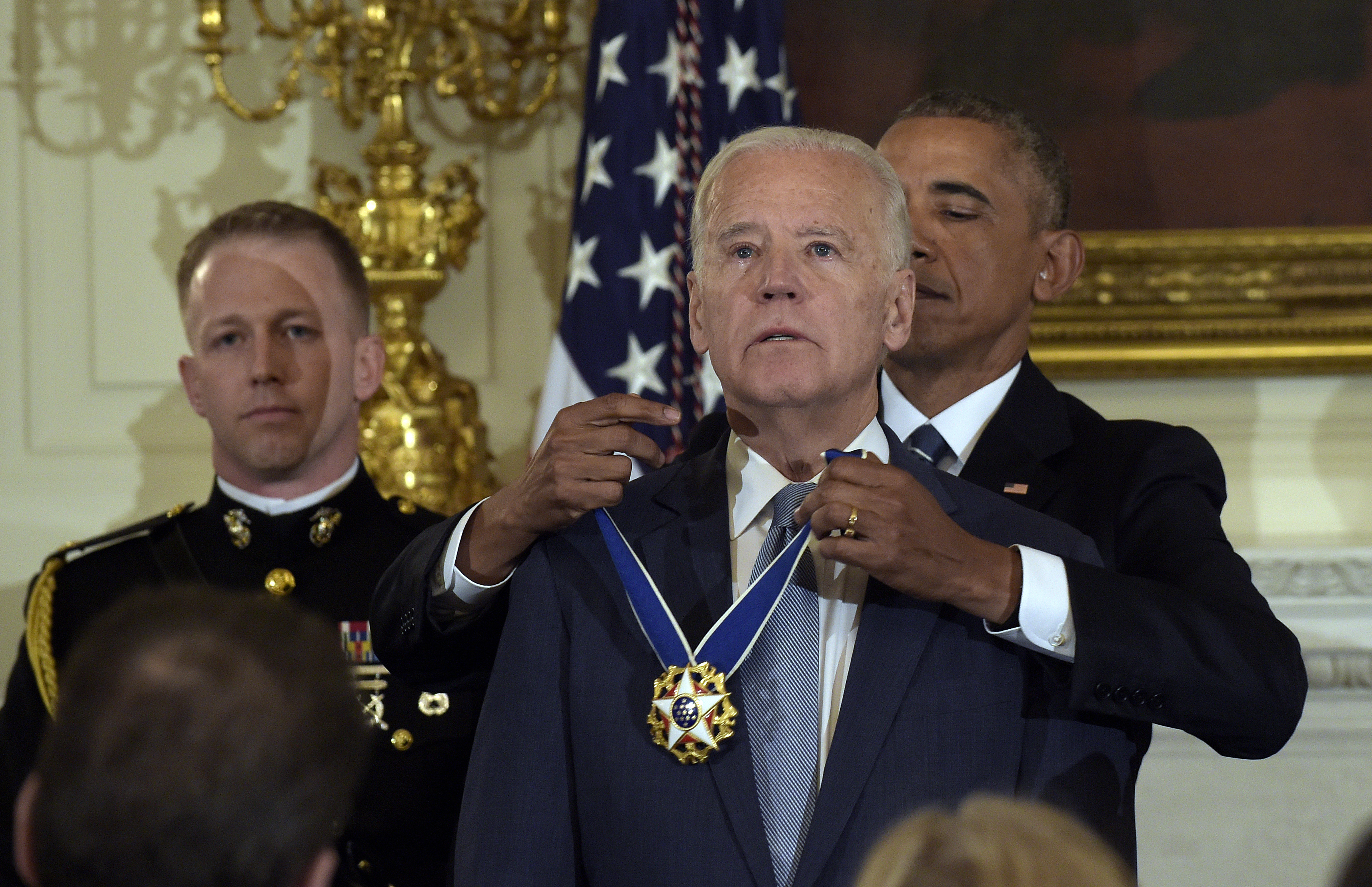International Icon Lionel Messi Honored with Presidential Medal of Freedom: A Complex Examination
Introduction
Lionel Messi, the legendary Argentine soccer player, was recently awarded the Presidential Medal of Freedom, the highest civilian honor in the United States. This prestigious recognition has sparked a flurry of reactions, ranging from elation to skepticism. This article delves into the complexities of this honor, examining the various perspectives and implications surrounding it.
Messi’s Accomplishments and Global Impact
Messi’s soccer career has been marked by unparalleled success. With numerous accolades to his name, including seven Ballon d’Or awards and four Champions League titles, he is widely regarded as one of the greatest footballers of all time. Beyond the pitch, Messi has used his platform to advocate for social causes, inspiring millions worldwide.
Messi’s charity work, focused on improving children’s health and education, has earned him global acclaim. Through the Leo Messi Foundation, he has supported various initiatives to provide assistance to vulnerable communities. His humanitarian efforts have solidified his status as an international icon, extending his impact beyond the realm of soccer.
Perspectives on the Presidential Medal of Freedom
The decision to award Messi the Presidential Medal of Freedom has been met with mixed reactions. Some argue that it is a well-deserved honor, recognizing his exceptional achievements and positive contributions to society.
Others question the appropriateness of awarding such a prestigious honor to a foreign national. They contend that the medal should be reserved for individuals who have made significant contributions to the United States, rather than to those who have primarily achieved success in other countries.
Additionally, some critics argue that the awarding of the medal to Messi perpetuates the exceptionalism of athletes. They contend that it sends the message that the accomplishments of individuals in sports are more highly valued than those achieved in other fields of endeavor.
Implications and Broader Considerations
The award of the Presidential Medal of Freedom to Messi raises several important questions and considerations.
Internationalization of the Award
The decision to honor a foreign national with this prestigious award suggests a shift towards a more internationalized approach to the recognition of exceptional individuals. It raises questions about the criteria used to determine who qualifies for the medal and whether the focus has expanded beyond solely American citizens.
Recognition of Humanitarian Work
Messi’s humanitarian efforts played a significant role in his being awarded the medal. This recognition highlights the growing importance that is being placed on social responsibility and using one’s platform to make a positive impact on the world.
The Role of Sports in Society
The award to Messi also sheds light on the evolving role of sports in society. Beyond providing entertainment, sports figures are increasingly being recognized for their contributions to social causes and their ability to inspire and unite people across borders.
Conclusion
The Presidential Medal of Freedom awarded to Lionel Messi is a complex and multifaceted honor. It recognizes not only his extraordinary sporting achievements but also his humanitarian work and global impact. The decision has sparked discussions about the internationalization of the award, the recognition of humanitarian work, and the role of sports in society.
While the award has been met with mixed reactions, it has undeniably brought attention to the power of individual contributions to making a positive difference in the world. As the world continues to evolve and grapple with complex challenges, it is likely that we will witness more instances of individuals from all walks of life being recognized for their exceptional achievements and contributions to society.

